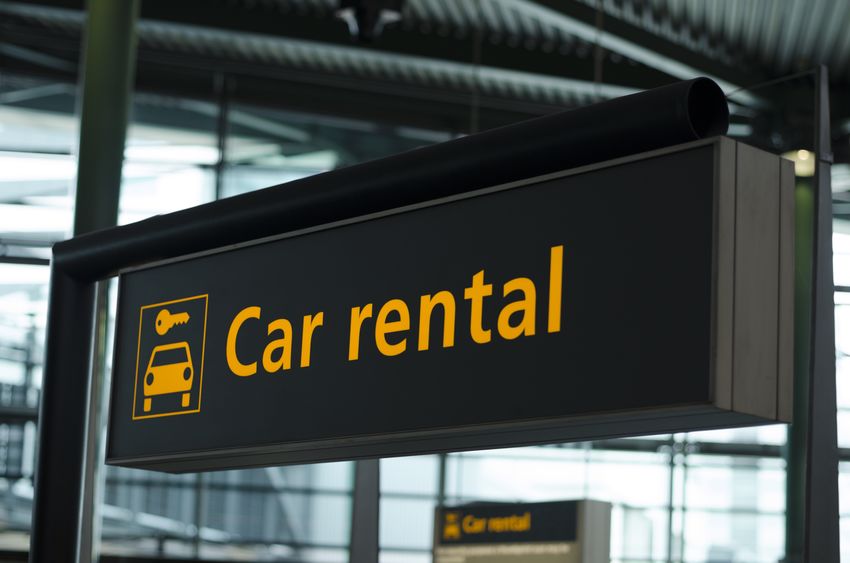If you have a vintage vehicle, you want to make sure that you’re protecting it as much as possible. This ride signifies a massive investment on your part, so you have to make sure that you’re getting the coverage you need.
When picking out a policy for your classic car, here are some things to keep in mind.
Agreed Value
With most auto insurance plans, the policy covers the cost of a replacement. However, for a classic car, you can’t just go to any dealership and buy a new one. Thus, you will want to talk to your agent and make sure that you’re both on the same page about what the car is worth.
Another thing about agreed value is depreciation. Most vintage models get more valuable over time, meaning that you’ll want to reassess its worth on an annual basis. Keeping this figure up to date will ensure that you’re fairly compensated in case something happens.
Low-Mileage Coverage
Do you drive your classic car? If so, how often are you on the road? In most cases, these vehicles are usually driven on a minimal basis, which means that you’re not putting it at risk. Most insurance companies will give you great rates because the chances of getting into a collision are minimal. Be sure to track your mileage and provide an estimate when drafting a policy.
Roadside Assistance
If you are driving your classic car and it breaks down, you want to make sure that you can tow it to a qualified auto shop for repairs. Since most mechanics don’t specialize in vintage models, you may have limited options. Thus, when adding roadside assistance to your policy, talk to your agent about coverage for longer towing distances if necessary.
Getting insurance for your classic ride is crucial. Because this car is not like any other, you have to be sure that your policy covers everything. We understand what components to include in this type of plan, so contact us today to get started.







